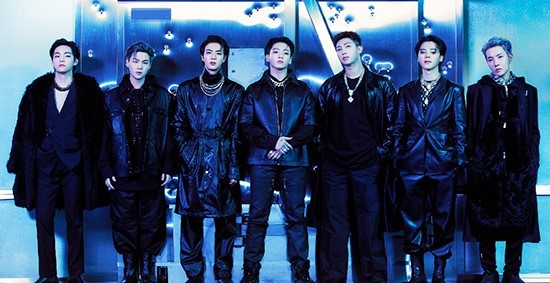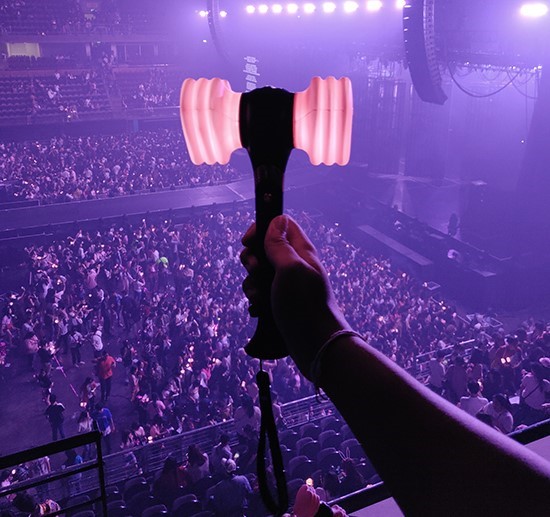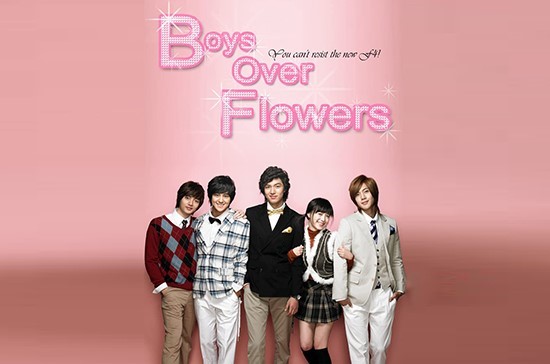The Korean wave, known in South Korea as
“Hallyu”, has struck the world with its outstanding culture, sparking
international curiosity. And Jordan is no exception.
اضافة اعلان
Causing the spread
of a new and diverse world of entertainment, the Korean wave has impacted
markets worldwide and continues to grow as it topples music charts and sparks
trends on social media. Talented South Korean directors, soccer players,
companies, Korean popular music (Kpop) artists, and Korean drama (Kdrama)
actors captivated the world with their appealing looks, eye-catching fashion,
and innovative and surprising concepts weaved into their works.
Despite the
language barrier, which could have been a disadvantage, Korean language
learners, who double as fans, spiked globally — Duolingo places Korean as the
seventh most-popular language to study across the globe — to better engage with
Korean culture and further support their favorite celebrities.
Locally, South
Korea’s ambassador to Jordan, Lee Jae-wan, previously told a local news outlet
that when he arrived in Amman, he found that Korean companies like Hyundai and
Kia made a third of the cars on the streets. He also noted that many mobile
phones used are made by Samsung.
Cultural activities
sponsored by the Korean Embassy in Jordan during the second half of 2022, and a
possibility of a Kpop group visiting Jordan at the beginning of August to
participate in the Jerash Festival, were also on the ambassador’s docket.
 (Photo: BTS)
(Photo: BTS)
Kpop
Music-wise, Kpop has been the talk of the music industry for a while,
thanks to its unique visual presentation, catchy lyrics, and captivating video
visuals. The numerous genres — from rock and ballads to pop, hip-hop,
electronic, and dance — also helped fans find something suitable for their
taste. But, what sets Kpop groups apart is their ability to rap, sing, and
dance simultaneously.
While modern Kpop
has played an enormous part in spreading Hallyu globally, the spread of the
wave began in the 1990s with the group Seo Taiji and Boys pioneering the
establishment of the Kpop industry we know today.
Even if you are not
a fan of Kpop, you have probably come across the name BTS.
Reaching a global audience is no new feat in the
Kpop industry. Still, the boy group “BTS”, which debuted in 2013, took it to
another level, breaking records, topping billboard charts for weeks, and
garnering a devoted fan base known as the “Army”. The group played a huge role
in spreading the Korean wave and culture not just through music but also
through relatability in discussing mental health problems and everyday
struggles.
Although it was a challenge to bring people together initially, ... the number of Kpop fans is noticeably increasing in Jordan each year.
A Kpop fan since
2013, 24-year-old Sara Khreisat, told
Jordan News that she began to enjoy
Korean culture when a friend showed her a BTS song. “Their music, lyrics, and
message resonated with me,” Khreisat said. “I started to dig deeper into Korean
entertainment and culture and found joy and comfort ever since.”
Muna Abed
Al-Basset, head of “Jordan Kpop Lovers”, established the community organization
in 2011 to gather those who enjoy Hallyu in Jordan.
Although it was a
challenge to bring people together initially, Basset said, the number of Kpop
fans is noticeably increasing in Jordan each year. She added that the number of
fans who attended the last Kpop World Festival reached 2,500, ranging from
12–29 years old. While most are females, the number of male fans is growing.
The Korean Embassy
in Jordan, as a result of the increase, is constantly planning events with
Jordan Kpop Lovers.
Kpop artists, or
“idols”, follow a strict training regimen under entertainment companies in
Korea, including JYP Entertainment, SM Entertainment, and YG Entertainment —
known as “the big three”.
The training
regimens, along with other features created by Kpop fanbases, such as “fancams”
— where the camera focuses on one member’s every move — played a huge role in
the popularity of idols.
 (Photo: Shutterstock)
(Photo: Shutterstock)
‘Lightsticks’
But what gives Kpop groups and fans the feeling of being united are
“lightsticks”, which, as the name suggests, are handheld devices specific to a
Kpop group that can connect with similar lightsticks, bringing fans at concerts
or other events together. However, getting lightsticks and other merchandise is
competitive since they get sold out quickly.
In Jordan, getting
merchandise is even more difficult due to high shipping and customs fees. As a
result, local Kpop shops have been increasingly spreading on social media
platforms, allowing Jordanian fans to feel connected.
Owner of online
Instagram Kpop store
@shop.kpop.jordan, Khitam Al-Kalaileh, told
Jordan News
that she opened her store because she “found it difficult to buy Kpop
merchandise anywhere in Jordan”. Hence, she decided to take matters into her
own hands and “help Jordanian Kpop fans to get their hands on various products”.
 (Photo: IMDb)
Kdramas
(Photo: IMDb)
Kdramas
Kdramas also substantially impacted the spread of Hallyu. This television
genre gained popularity by touching on societal and cultural issues prevalent
worldwide. Major themes include poverty, mental illnesses, family issues, and
shedding light on the different classes of Korean society.
By reflecting on
the reality of the Korean labor system, people could see their own stories
through the lens of Kdramas.
In 2012, Middle
Eastern broadcasting channels introduced Kdramas, airing the famous show “Boys
Over Flowers”, which paved the way for the Korean wave in the Middle East. And
due to its conservative nature, the lack of nudity and sexual scenes in shows
appealed to Middle Eastern audiences.
Talented South Korean
actors with breathtaking performances played the biggest role in sparking its
popularity. Lee Min Ho, for example, is largely known as the first crush for
every Kdrama watcher in the Middle East.
Read more Lifestyle
Jordan News








